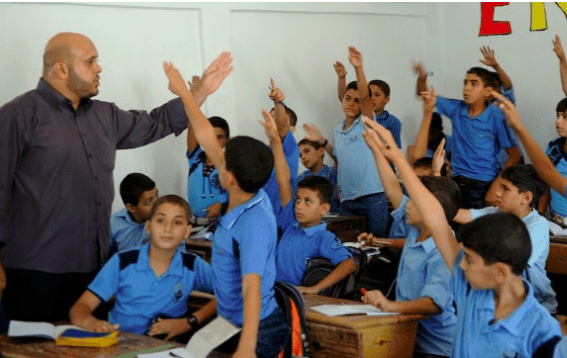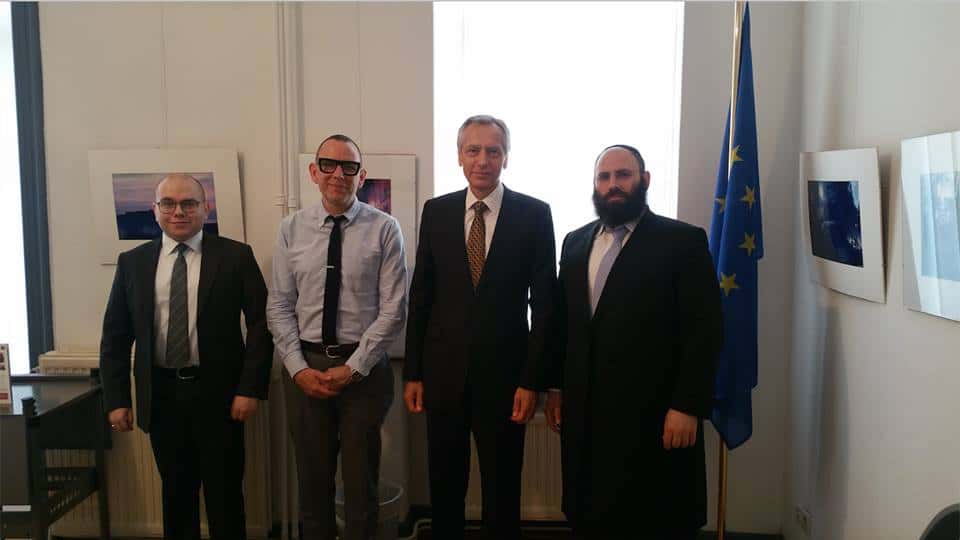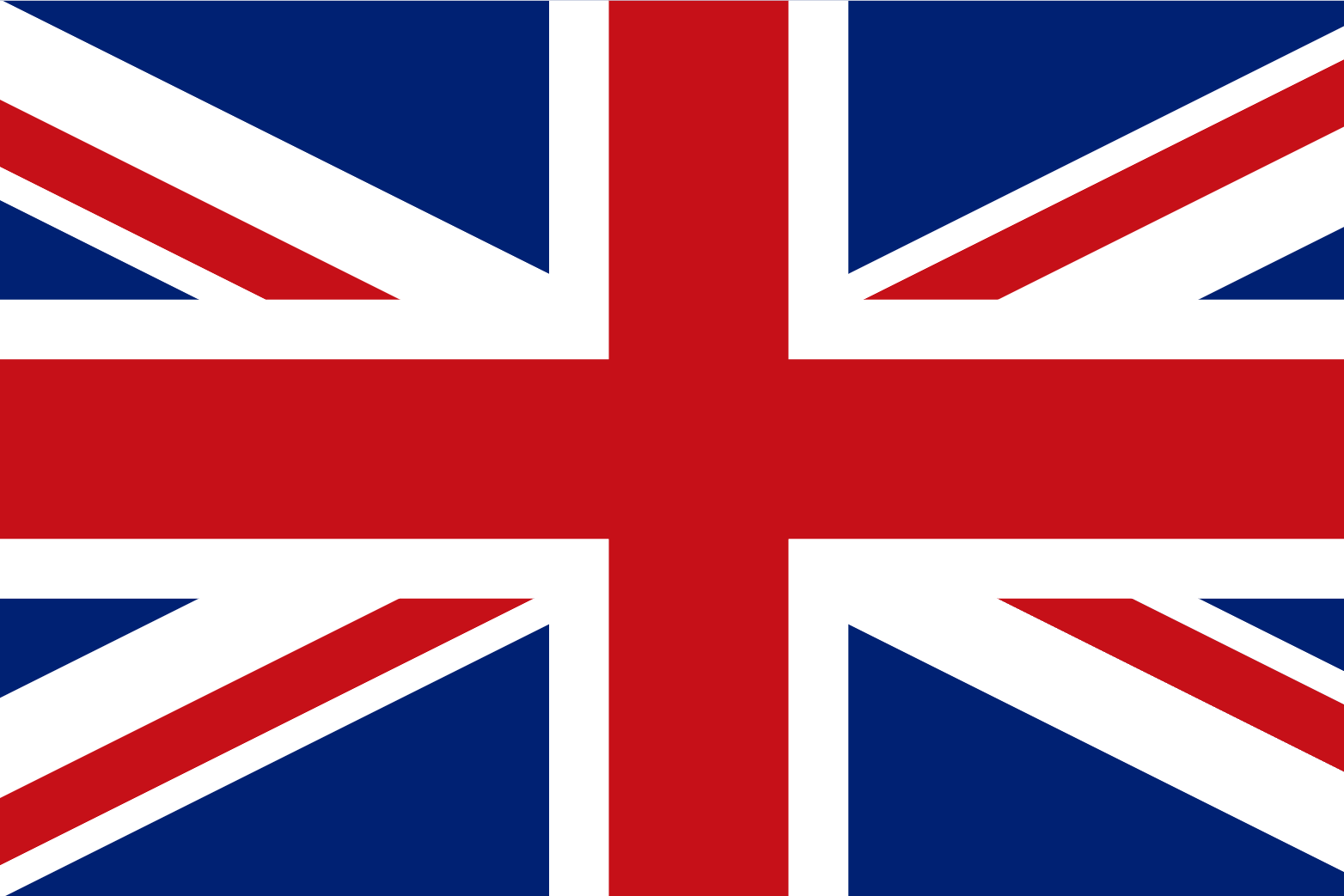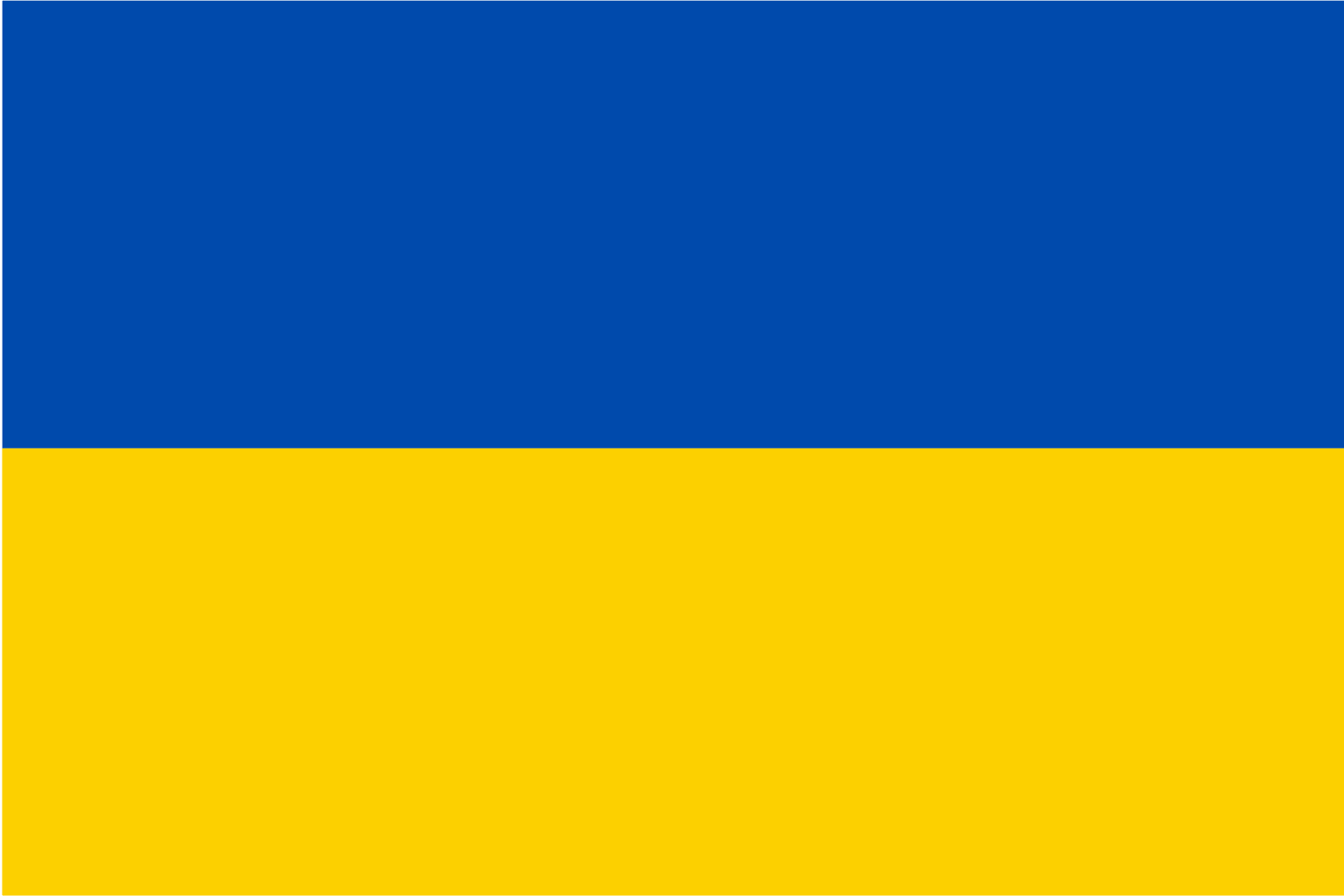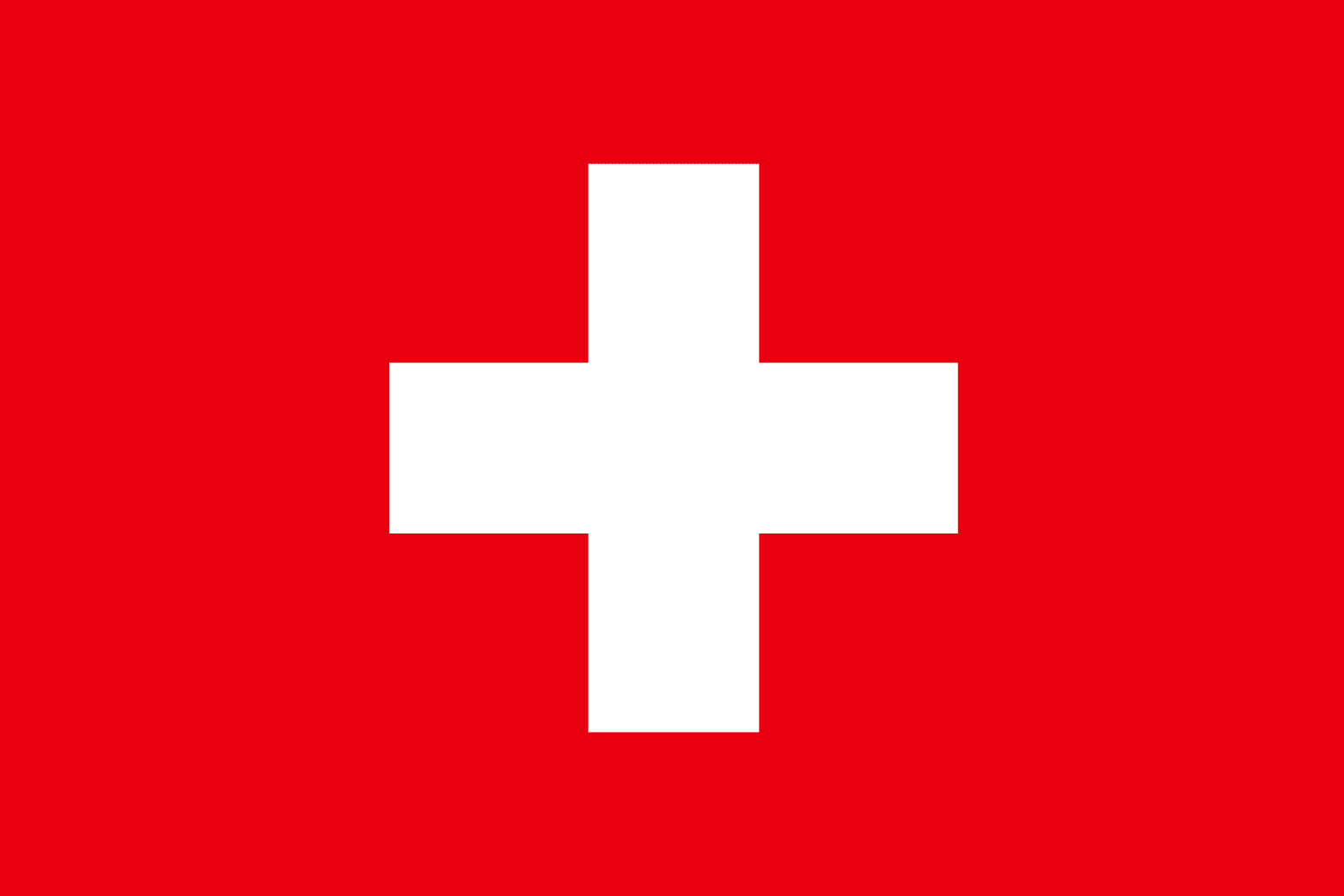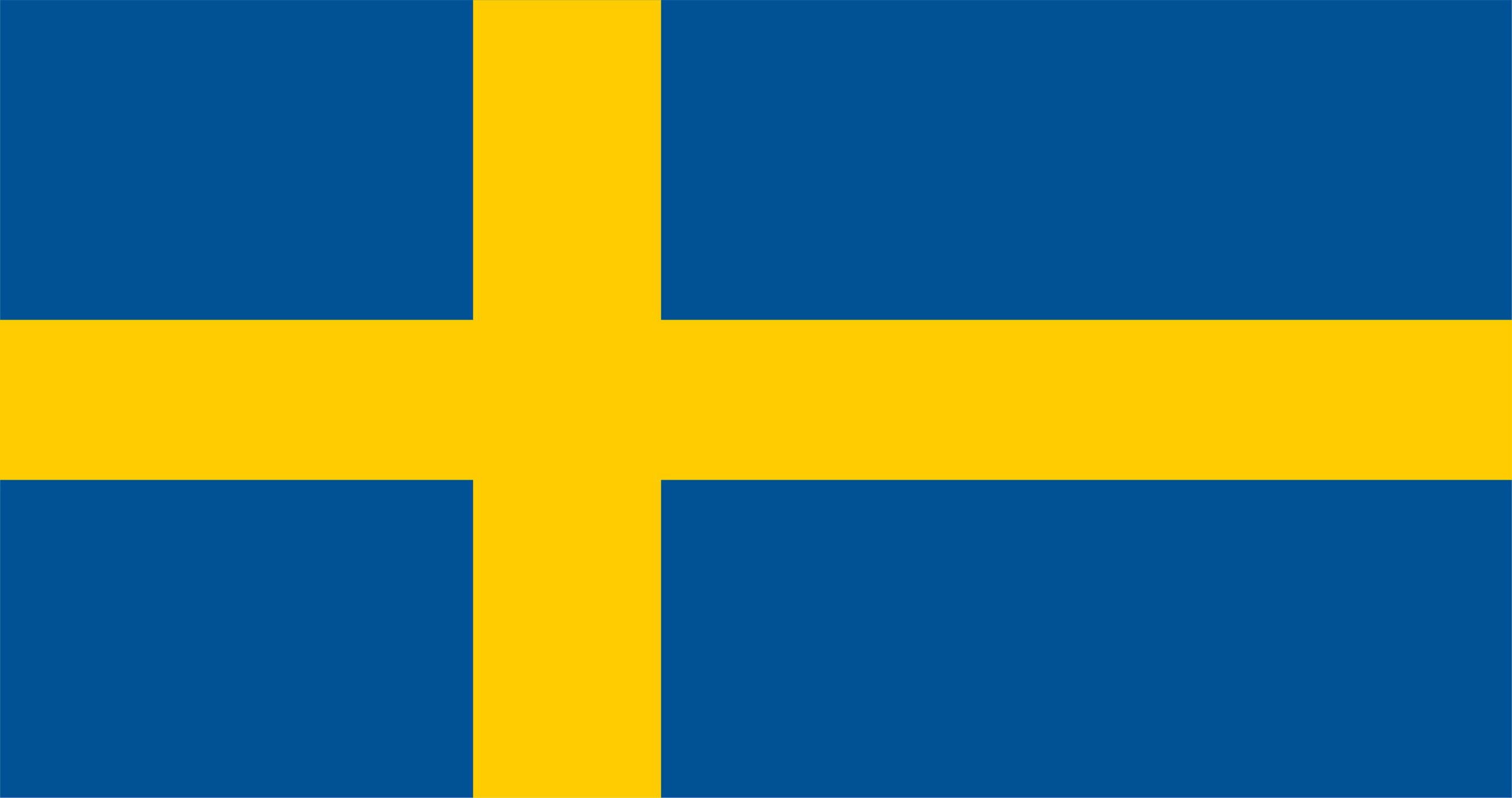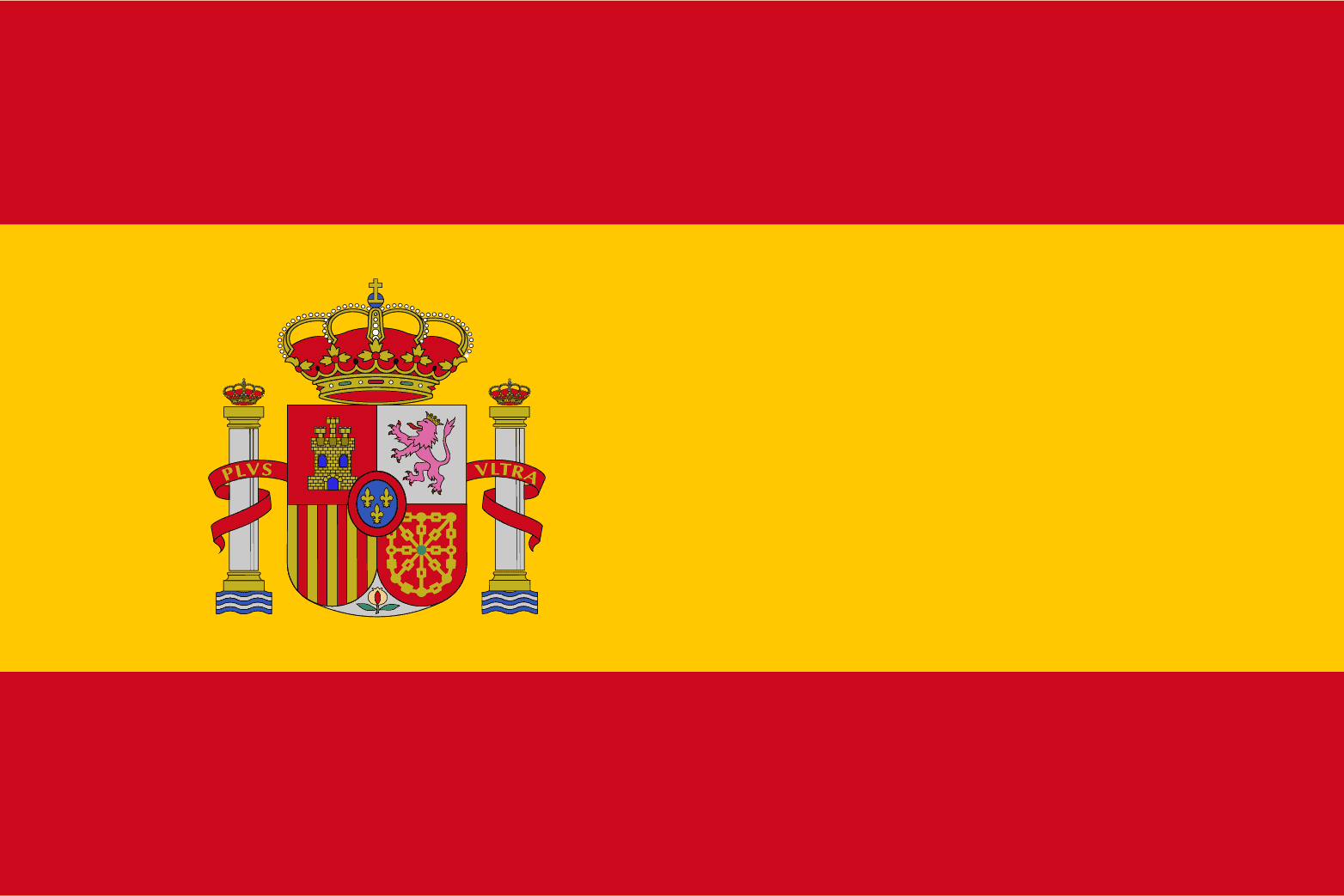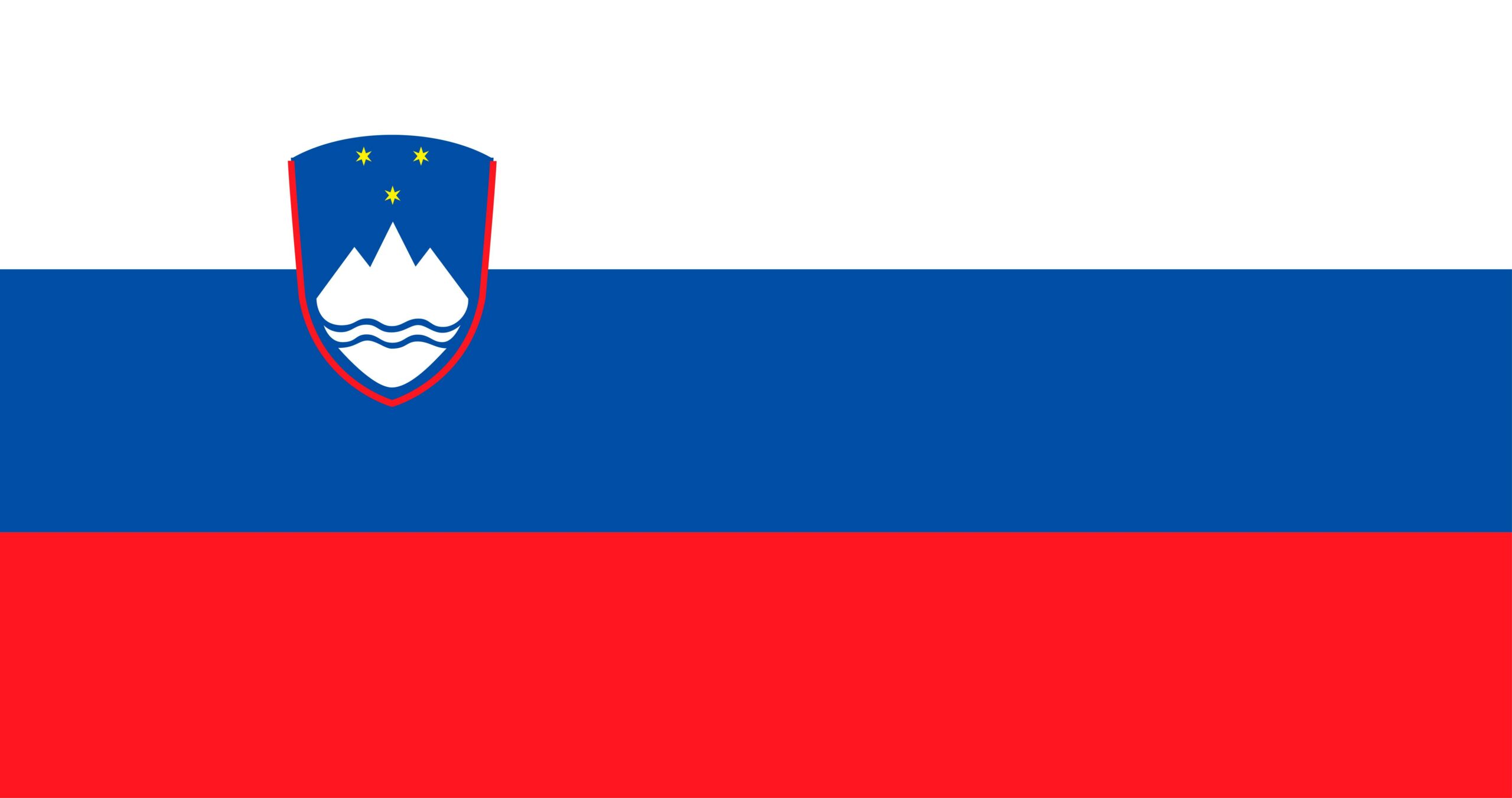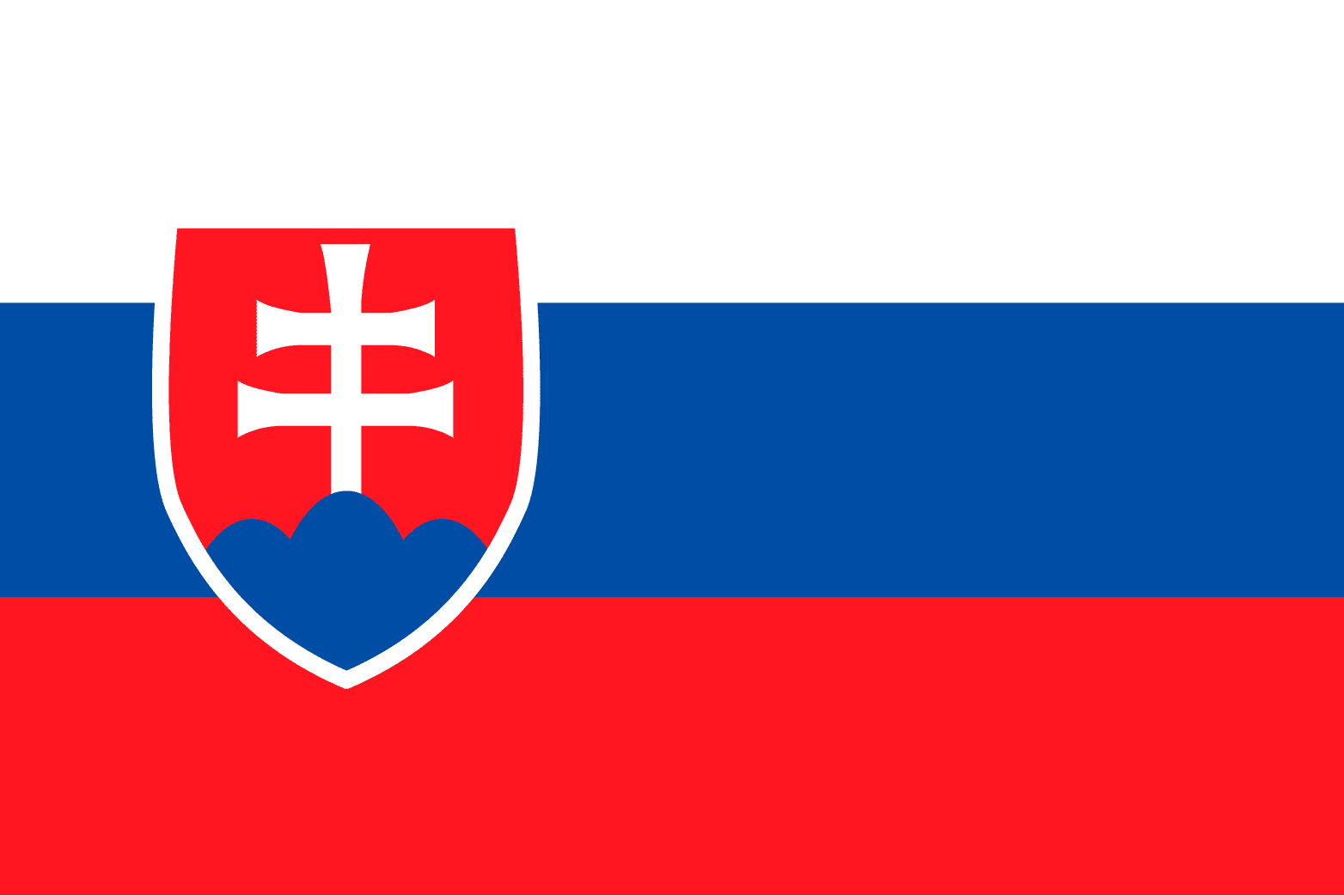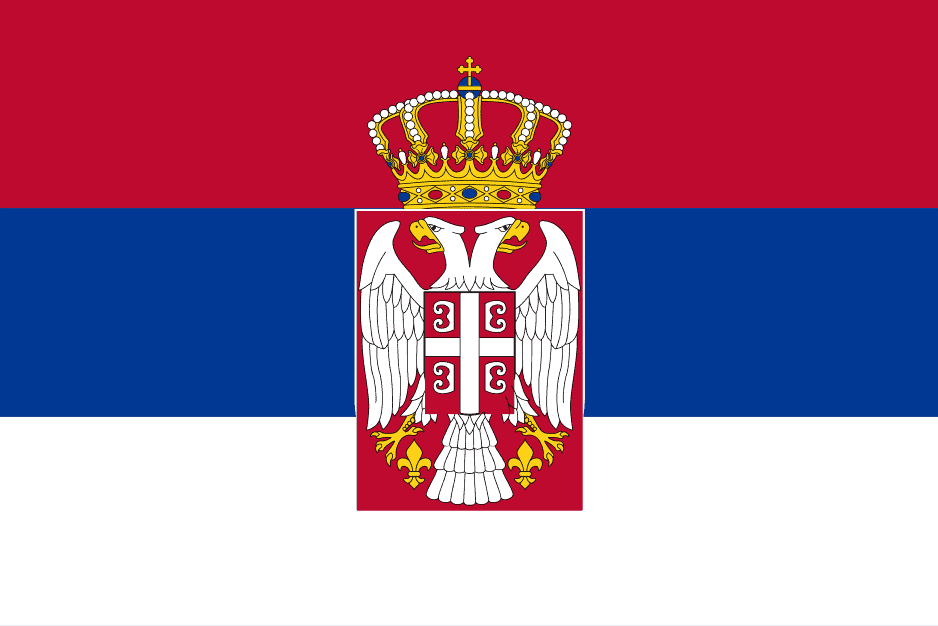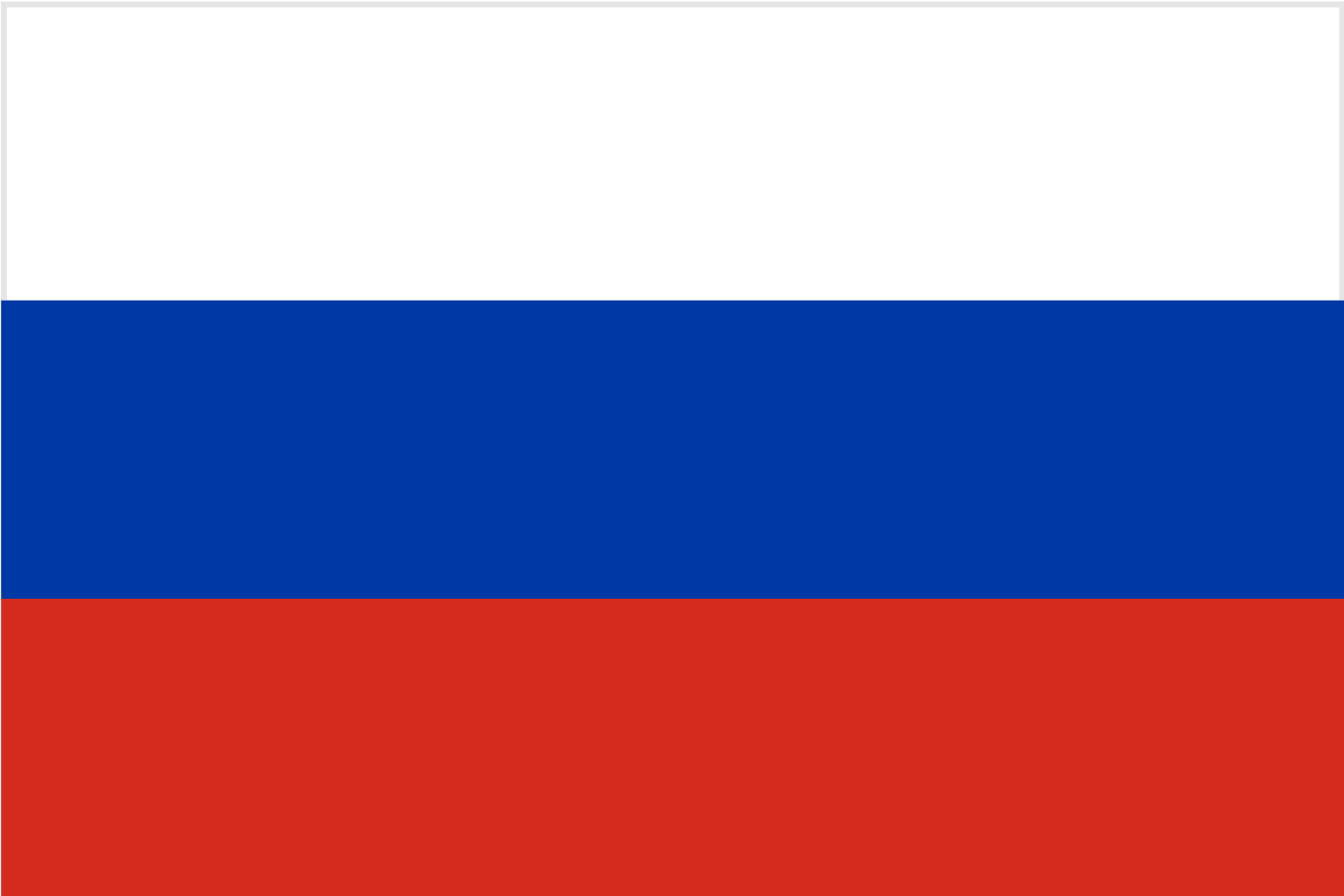Norway’s foreign minister on Thursday announced that funds earmarked for the Palestinian Authority’s education sector would be withheld until changes were made to schoolbooks that promoted antisemitism and terrorist violence against Israelis.
The decision followed a vote last December in the Norwegian parliament to demand such changes after the publication of a report by IMPACT-se — an NGO that analyzes school textbooks around the world for signs of intolerance — that demonstrated systematic insertions of violence, martyrdom and jihad across all grades and subjects in the textbooks used by the PA.
Foreign Minister Ine Eriksen Søreide said that when she met with PA Prime Minister Mohammad Shtayyeh in Ramallah in February, she had “communicated the government’s views on the matter, stressing that lack of improvements in the school curriculum could have budgetary implications for future Norwegian aid.”
Søreide expressed optimism that changes to the textbooks would be implemented. “We feel that there is a good and close dialogue with the Palestinian education authorities on the issue,” she said. “Some of the curriculum changes have already been made by Palestine’s own textbook quality control committee.”
A statement from IMPACT-se praised Søreide for her “unprecedented decision.”
“This remarkable pronouncement is a clear message that Norway’s elected leaders will not allow their generosity to be abused, to deliver a daily diet of violence, bigotry and incitement against Jews and Israel in Palestinian schools,” the NGO declared.
The article was published in the Algemeiner


